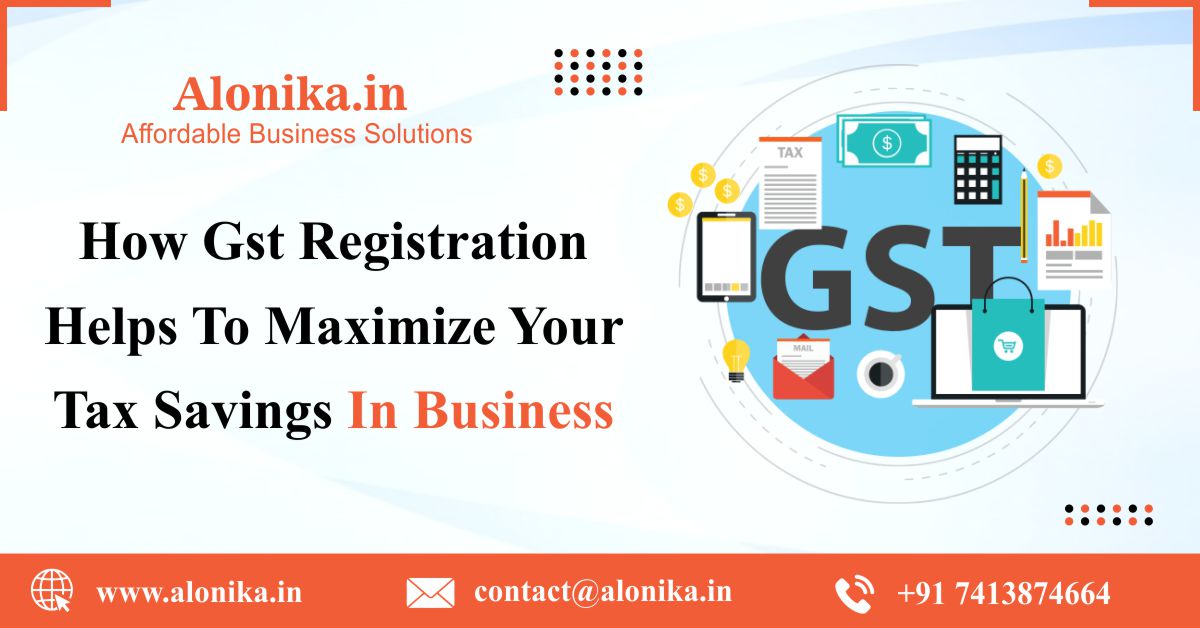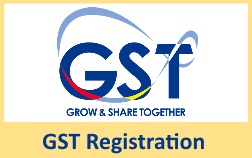Leading Ranked Best GST Registration Services in Singapore for 2024
Leading Ranked Best GST Registration Services in Singapore for 2024
Blog Article
From Start to End Up: The Ultimate Roadmap to GST Enrollment for Organizations Seeking Financial Security
Navigating the complexities of Product and Provider Tax Obligation (GST) registration is a critical action for services striving for financial security. Damaging down the roadmap right into convenient steps can enhance the enrollment trip for companies looking to improve their economic standing.
Understanding GST Fundamentals
Exploring the essential principles of Goods and Provider Tax Obligation (GST) is crucial for getting a thorough understanding of its effects on organizations and the economic climate. GST is a value-added tax imposed on many items and solutions for domestic usage. It has actually changed numerous indirect taxes that existed in the pre-GST period, enhancing the tax obligation structure and boosting convenience of doing business in India. Under the GST system, both services and items are strained at a specific price, which is established based on their classification. Businesses are required to sign up for GST if their yearly turnover surpasses the threshold limitation set by the government. Input Tax Obligation Credit Scores (ITC) is a significant function of GST, enabling businesses to claim credit scores for taxes paid on inputs, lowering the overall tax worry. Understanding the basics of GST is important for organizations to adhere to tax obligation guidelines, handle their funds successfully, and add to the country's economic development by participating in a clear tax obligation system.
Eligibility Criteria for Registration
To register for GST, companies must fulfill specific eligibility standards developed by the federal government. The key eligibility demand is that any type of company associated with the supply of items or services with a yearly accumulation turnover over the threshold limitation established by the authorities should register for GST. Since the current guidelines, the threshold limitation for GST registration is a yearly accumulation turnover of 40 lakhs for businesses running within a state, with the exception of unique group states where the restriction is 20 lakhs. Additionally, particular organizations are required to sign up for GST regardless of their turnover, such as interstate providers, informal taxed individuals, and organizations responsible to pay tax obligation under the reverse cost system. It is crucial for organizations to thoroughly evaluate their turn over and transaction kinds to establish their GST enrollment commitments properly. Failing to register for GST when eligible can bring about penalties and legal repercussions, making it necessary for companies to follow the specified eligibility standards.
Papers Required for Registration
Having actually satisfied the qualification standards for GST registration, companies must currently ensure they have the requisite records in place to continue with the registration process efficiently. The files needed for GST registration typically include evidence of service constitution, such as collaboration deed, registration certificate, or consolidation certificate for different kinds of organizations. In addition, services require to offer files developing the major area of business, such as a rental agreement or electrical energy costs. PAN card of the organization, in addition to the identity and address get more evidence of promoters/partners/directors, are crucial for verification functions. Bank account declarations, along with canceled cheques or a copy of the financial institution passbook, are called for to confirm the financial information offered throughout registration. Organizations should have electronic trademarks prepared for the authorized signatory. Making sure all these files are organized and readily available will see it here certainly expedite the GST enrollment process, enabling services to adhere to tax laws effortlessly.
Step-by-Step Registration Refine
Starting the GST enrollment procedure includes a series of structured actions to make sure a compliant and seamless registration for companies. The initial step is to go to the GST portal and submit the enrollment type with precise details of business entity. Following this, the applicant gets a Momentary Reference Number (TRN) which is utilized to return to the application procedure if it's not completed in one go.
Following, all needed records according to the list given by the GST portal demand to be submitted. These documents commonly include evidence of company enrollment, address and identity evidence of promoters, monetary statements, and organization entity's PAN card.

Post-Registration Compliance Standards

Conclusion
To conclude, businesses seeking monetary security must recognize the basics of GST, meet qualification standards, gather necessary records, adhere to the detailed registration process, and adhere to post-registration standards - Best GST registration services in Singapore. By adhering to these actions, companies can ensure conformity with tax guidelines and preserve economic stability in the future
In addition, particular organizations are needed to register for GST regardless of their turn over, such as interstate providers, laid-back taxed persons, and businesses responsible to pay tax under the reverse fee device.Having fulfilled the qualification requirements for GST registration, services have to now ensure they have the requisite files in place to proceed with the registration process efficiently. The documents required for GST registration commonly include proof of service constitution, such as partnership deed, registration certificate, or unification certificate for various types of companies. Additionally, companies need to give papers developing the major place of organization, such as a rental contract or electrical power costs.Starting the GST enrollment procedure involves a series of organized steps to make certain a certified and seamless enrollment for companies.
Report this page